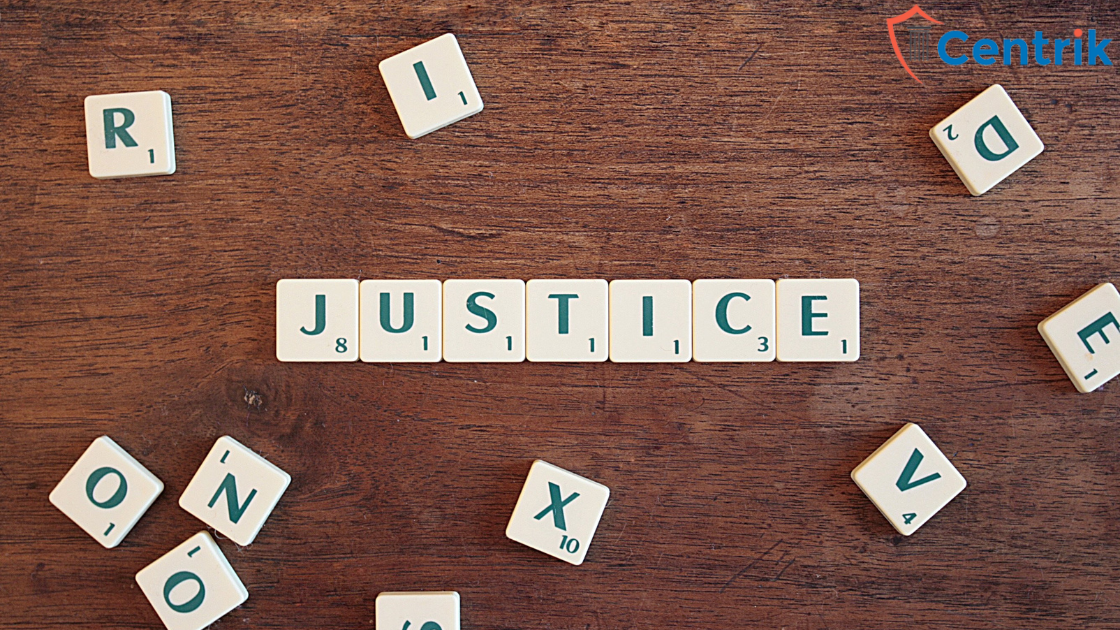
“The trouble with fighting for human freedom is that one spends most of one’s time defending scoundrels. For it is against scoundrels that oppressive laws are first aimed, and oppression must be stopped at the beginning if it is to be stopped at all.” – Henry Louis Mencken
INTRODUCTION
Arrest is a critical juncture in the criminal justice system, where an individual’s rights must be upheld to ensure a just legal process. India, like many other countries, enshrines specific rights for arrested individuals to protect their dignity and ensure fairness in legal proceedings. In this comprehensive guide, we will explore the key rights of an arrested person in India, categorized into sections for clarity.
Rights Upon Arrest
Right to Know the Grounds for Arrest: Article 22 of the Indian Constitution guarantees that an arrested person has the right to be informed of the grounds for their arrest. This provision ensures transparency in the legal process.
Right to Remain Silent: An arrested person in India has the right to remain silent to avoid self-incrimination, which is in line with the principles of the Indian legal system.
Legal Representation and Trial Rights
Right to Legal Representation: An arrested person in India has the right to consult and be defended by a legal practitioner of their choice. If they cannot afford legal counsel, the court must provide one.
Right to a Fair and Speedy Trial: The Indian legal system is committed to ensuring a fair and speedy trial. The Code of Criminal Procedure (CrPC) establishes guidelines for timely proceedings.
Protection Against Unlawful Searches and Seizures
Protection Against Unlawful Searches and Seizures: The Indian Constitution protects against unreasonable searches and seizures under Article 20(3) and Article 21. Law enforcement must adhere to lawful procedures and obtain warrants when necessary.
Protection and Due Process
Protection Against Torture and Inhuman Treatment: Article 21 of the Indian Constitution safeguards an arrested person’s right to be treated with dignity and not to be subjected to torture or cruel, inhuman, or degrading treatment.
Right to Bail: Section 50 of CrPC states that an arrested person has the right to apply for bail, and the courts determine bail conditions based on the nature of the charges and other relevant factors.
Right to Due Process: Due process rights include access to evidence, an opportunity to be heard, and the right to present a defense during trial, all of which are integral to the Indian legal system.
Double Jeopardy and Protection Against Discrimination
Protection Against Double Jeopardy: Article 20 (2) of the Indian Constitution prohibits an arrested person from being tried twice for the same offense, in alignment with the principles of justice.
Right to Protection from Discrimination: Article 15 of the Indian Constitution guarantees equal protection under the law, protecting individuals from discrimination based on race, religion, caste, gender, or place of birth.
CASE LAWS
Maneka Gandhi v. Union of India (1978)
This landmark case expanded the scope of Article 21 of the Indian Constitution, which guarantees the right to life and personal liberty. The Supreme Court ruled that the right to life is not limited to mere animal existence but includes the right to live with dignity, and it cannot be taken away arbitrarily. This case had a far-reaching impact on the protection of individual rights, including those of arrested persons.
D.K. Basu v. State of West Bengal (1997)
In this case, the Supreme Court of India laid down comprehensive guidelines regarding the arrest and detention of individuals. These guidelines were aimed at preventing custodial violence and ensuring that the rights of arrested persons, including the right to be informed of the grounds of arrest and the right to legal representation, are protected.
Kartar Singh v. State of Punjab (1994)
This case addressed issues related to preventive detention and the rights of individuals detained without trial. The Supreme Court set certain guidelines to protect the rights of detained persons, including providing them with the grounds for detention and the opportunity to make representation
CONCLUSION
The rights of an arrested person in India are fundamental to preserving justice and dignity within the legal system. These rights ensure transparency, fairness, and the protection of individual liberties. Safeguarding these rights is not just a legal requirement but also a commitment to upholding the principles of a just and equitable criminal justice system in India.




 join For Updates
join For Updates